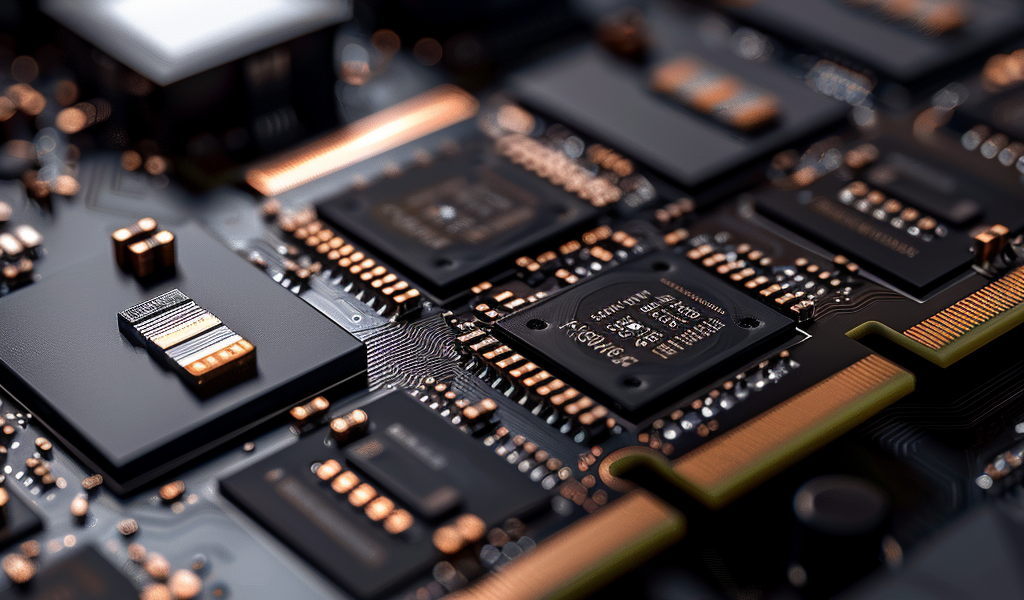Micron, a leading RAM chip manufacturer, has recently announced exciting advancements in its upcoming generation of ultra-fast memory for graphics cards, known as GDDR7. The company claims that GDDR7 is expected to deliver over a 30% improvement in frames per second for ray tracing and rasterization workloads compared to current technologies like GDDR6X and GDDR6.
This significant performance boost is usually associated with major architectural changes in new GPU designs. While the data transfer rate and bandwidth of GDDR7 are projected to be at least 30% higher than the fastest GDDR6/6X available today, the real-world impact on gaming and applications may vary.
Micron is the primary supplier of GDDR6X chips for Nvidia’s graphics cards, with the fastest offering currently rated at 24 GT/s. Additionally, Micron sells 18 GT/s GDDR6 chips, while Samsung has 20 GT/s GDDR6 chips on the market. In the realm of GDDR7, Micron is the sole provider of specifications at present, with two models rated at 28 and 32 MT/s for sampling.
While Micron’s 30% performance claim for GDDR7 is based on the increase in data transfer rates, the practical implications on gaming performance are not as straightforward. To test the impact of faster VRAM, experiments were conducted on an RTX 4080 Super by adjusting the VRAM clocks while keeping other variables constant. Tests on 3DMark benchmarks like Steel Nomad and Speed Way, as well as games such as Cyberpunk 2077 and Returnal, revealed that even an 18% increase in clock speeds resulted in only a modest 5-7% gain in frame rates.
These findings suggest that while advancements in memory technology like GDDR7 hold promise for enhancing performance, the actual gains in gaming and benchmarking scenarios may not align precisely with the theoretical improvements touted by manufacturers. As the industry continues to push the boundaries of graphics card capabilities, further testing and real-world applications will be crucial in determining the true impact of next-generation memory technologies on overall performance.





